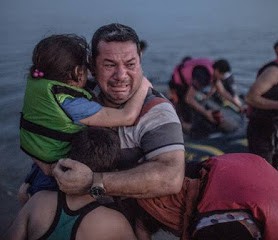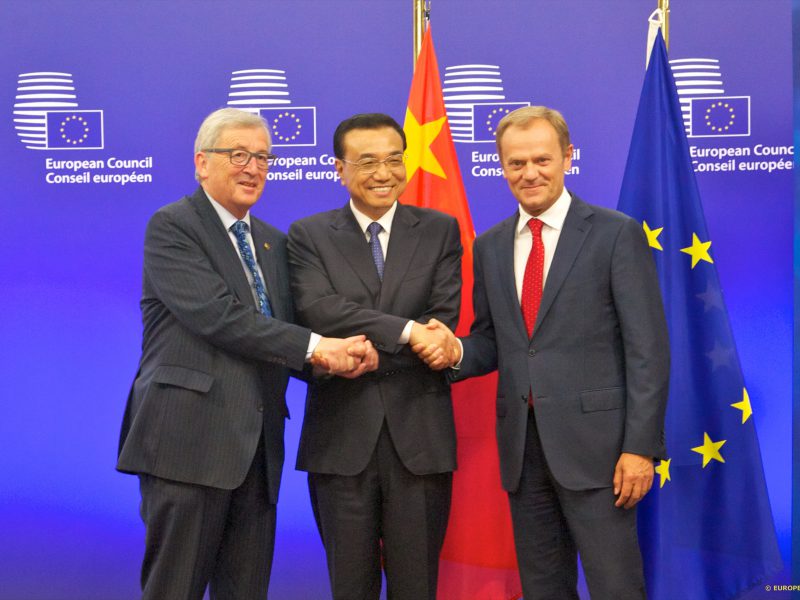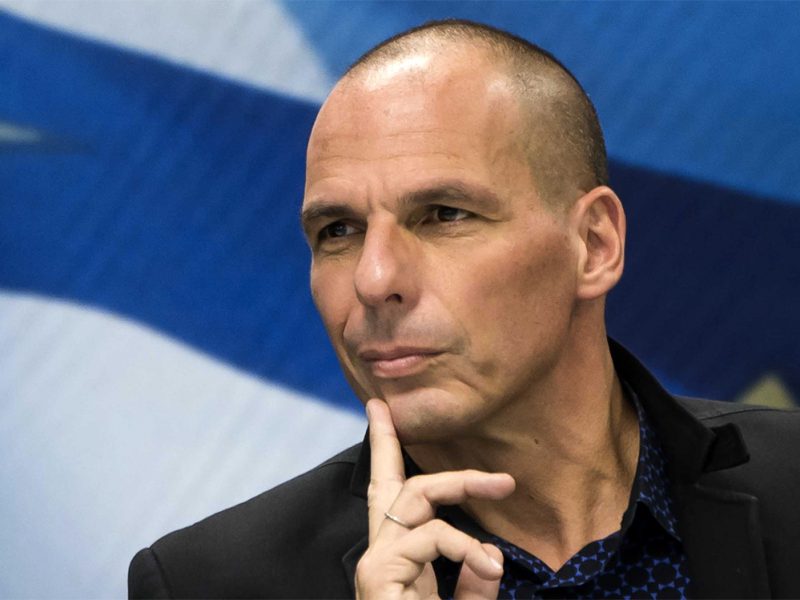The need to protect refugee children arriving alone in the EU
By Raquel Prado
We are currently witnessing a massive influx into the EU of people fleeing from conflicts going on mainly in Syria, Afghanistan, Eritrea and Ukraine. This crisis is testing out the Common European Asylum System (CEAS) as a whole (if not putting it in a tight spot), and in particular the Directive 2001/55/EC of 20 July 2001 on minimum standards for giving temporary protection in the event of a mass influx of displaced persons and on measures promoting a balance of efforts between Member States in receiving such persons and bearing the consequences thereof.











